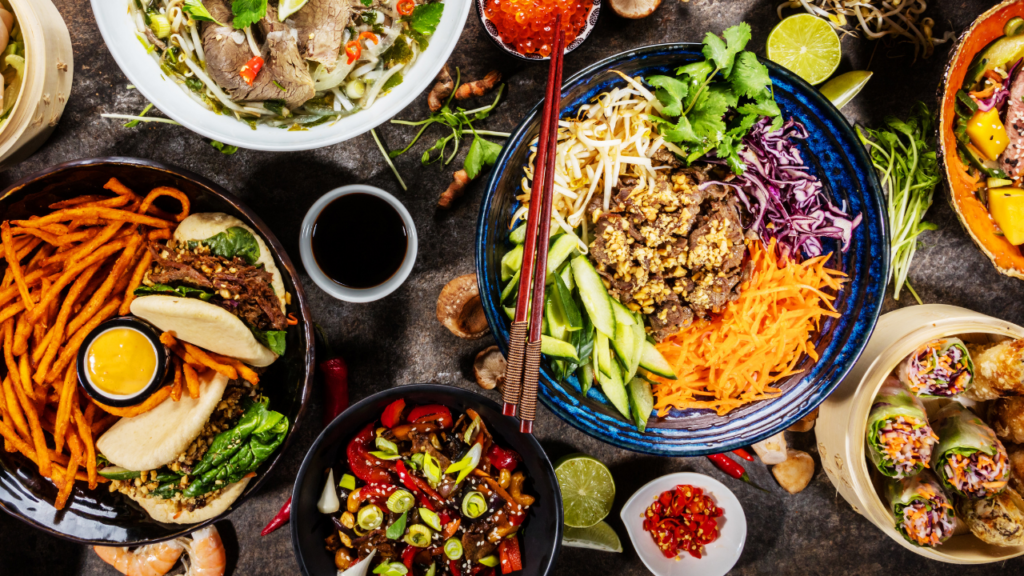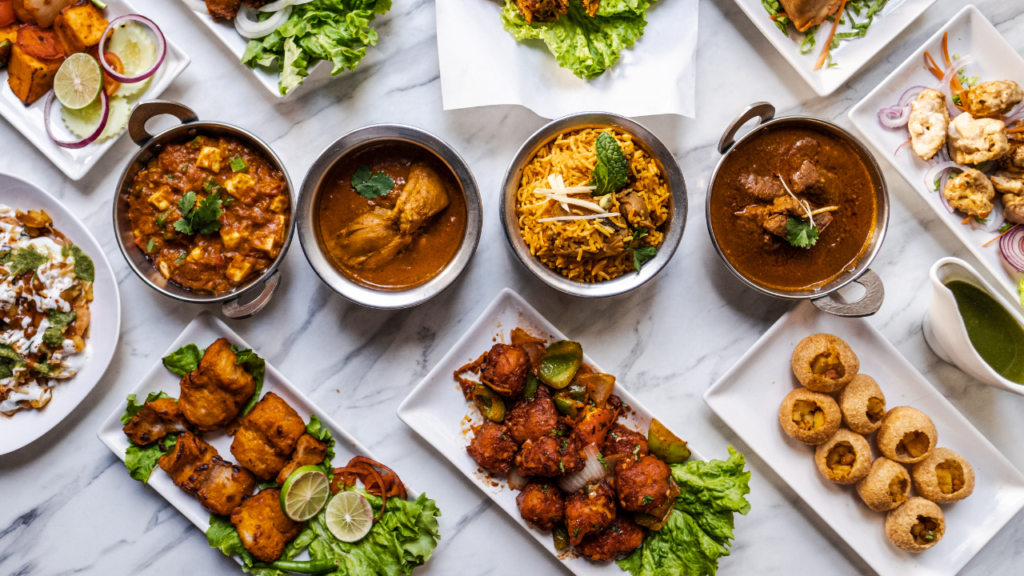
What Foods are Forbidden in Islam?
In Islam, foods that are explicitly forbidden include pork and its products, alcohol, carrion (dead meat), blood, animals sacrificed to other than Allah, and animals that are considered haram (forbidden), such as pigs, carnivorous animals, and birds of prey.

Introduction
Islam is a religion that provides a set of guidelines and principles for its followers, including dietary restrictions and guidelines. These dietary rules aim to ensure that Muslims consume foods that are halal (permissible) and avoid those that are haram (forbidden). While the majority of foods are considered halal, there are specific types of food and drink that are unequivocally forbidden in Islam. In this article, we will explore what foods are forbidden in Islam and the reasons behind these restrictions.
Pork (Pork Products)
One of the most well-known prohibitions in Islam is the consumption of pork and its products. The Quran explicitly forbids pork consumption in multiple verses, such as in Surah Al-Baqara (2:173), which states: “He has only forbidden to you dead animals, blood, the flesh of swine...” The consumption of pork is considered haram because it is believed to be impure and unhealthy.
Also check.
- What does the Word Muslim Mean?
- What does Muslims Believe in?
- What does Islam Say about Abortion?
- What is Laylat al-Qadr?
- When was Islam Founded?
Alcohol and Intoxicants
The consumption of alcoholic beverages and intoxicants is also strictly forbidden in Islam. The Quran states, “O you who have believed, indeed, intoxicants, gambling, [sacrificing on] stone altars [to other than Allah], and divining arrows are but defilement from the work of Satan, so avoid it that you may be successful” (Surah Al-Ma’idah, 5:90). Alcohol and intoxicants are prohibited because they impair judgment, leading to immoral behavior and decisions.
Dead Meat (Carrion)
Muslims are prohibited from consuming carrion or dead animals that have not been properly slaughtered in the name of Allah. Halal meat requires a specific method of slaughter, ensuring the animal is treated with care and respect and the blood is fully drained from the carcass. The Quran prohibits the consumption of dead meat in Surah Al-Baqara (2:173): “He has only forbidden to you dead animals, blood, the flesh of swine…”
Blood
The consumption of blood from animals is strictly prohibited in Islam. The Quran explicitly states in Surah Al-Baqara (2:173): “He has only forbidden to you…blood…” The prohibition of blood is rooted in the idea that it is impure and should not be consumed.
Animals Sacrificed to Other Than Allah
Muslims are not allowed to consume the meat of animals that have been sacrificed to other deities or false gods. The Quran makes this clear in Surah Al-Baqara (2:173): “He has only forbidden to you…that which is dedicated to other than Allah.” This prohibition emphasizes the importance of dedicating all acts of worship and sacrifice to Allah alone.
Halal and Haram Animals
Islam provides specific guidelines regarding which animals are halal and which are haram. Halal animals include cattle, sheep, goats, and certain types of poultry. Animals such as pigs, carnivorous animals, and birds of prey are considered haram. The Quran and Hadith provide detailed instructions on the permissible types of animals, their slaughter, and how to ensure their meat remains halal.
Gelatin and Emulsifiers
There is ongoing debate among scholars about the permissibility of gelatin and emulsifiers derived from animals, particularly in processed foods. Some consider them permissible if they originate from halal animals, while others advise caution. To ensure compliance with Islamic dietary laws, many Muslims choose to avoid products containing these ingredients unless they are certified halal.
Conclusion
Islam provides clear guidelines on dietary restrictions to help its followers maintain a pure and spiritually upright lifestyle. The forbidden foods in Islam, such as pork, alcohol, carrion, and blood, are prohibited for specific reasons related to purity and maintaining a healthy, moral, and ethical life. By adhering to these dietary guidelines, Muslims aim to strengthen their faith and connection with Allah while promoting physical and spiritual well-being.

FAQs
What foods are forbidden in Islam?
In Islam, foods that are explicitly forbidden include pork and its products, alcohol, carrion (dead meat), blood, animals sacrificed to other than Allah, and animals that are considered haram (forbidden), such as pigs, carnivorous animals, and birds of prey.
Why is pork prohibited in Islam?
Pork is prohibited in Islam because it is considered impure and unhealthy. The Quran explicitly forbids its consumption in several verses, emphasizing the importance of avoiding it.
Why are alcohol and intoxicants forbidden in Islam?
Alcohol and intoxicants are forbidden in Islam because they impair judgment, leading to immoral behavior and decisions. The Quran warns against intoxicants as they are considered “defilement from the work of Satan.”
What is carrion, and why is it forbidden?
Carrion refers to dead animals that have not been properly slaughtered in the name of Allah. Consuming carrion is prohibited because it lacks the proper Islamic slaughtering process, which ensures that the animal is treated with respect, and its blood is fully drained from the carcass.
Why is the consumption of blood forbidden in Islam?
The consumption of blood is considered impure in Islam. It is explicitly forbidden in the Quran to maintain the purity and health of the believer.
What does it mean that animals should be sacrificed to Allah alone?
This means that animals should be slaughtered with the name of Allah invoked during the process. Animals sacrificed to other deities or false gods are considered haram and prohibited for consumption.
What animals are considered halal in Islam?
Halal animals include cattle, sheep, goats, and specific types of poultry. These animals are permissible to eat when slaughtered according to Islamic guidelines.
Why are gelatin and emulsifiers a subject of debate among Muslims?
Gelatin and emulsifiers derived from animals are a subject of debate due to differing opinions among Islamic scholars. Some consider them permissible if they come from halal animals, while others advise caution. Many Muslims choose to avoid products containing these ingredients unless they are certified halal to ensure compliance with Islamic dietary laws.
How do Muslims ensure they are consuming halal foods?
To ensure they are consuming halal foods, Muslims often look for halal certification on food products. Additionally, they purchase meat and products from reliable halal sources and adhere to the dietary guidelines provided in the Quran and Hadith.
What is the primary purpose of these dietary restrictions in Islam?
The primary purpose of these dietary restrictions is to help Muslims maintain a pure and spiritually upright lifestyle. These restrictions aim to promote physical and spiritual well-being and strengthen their faith and connection with Allah.




